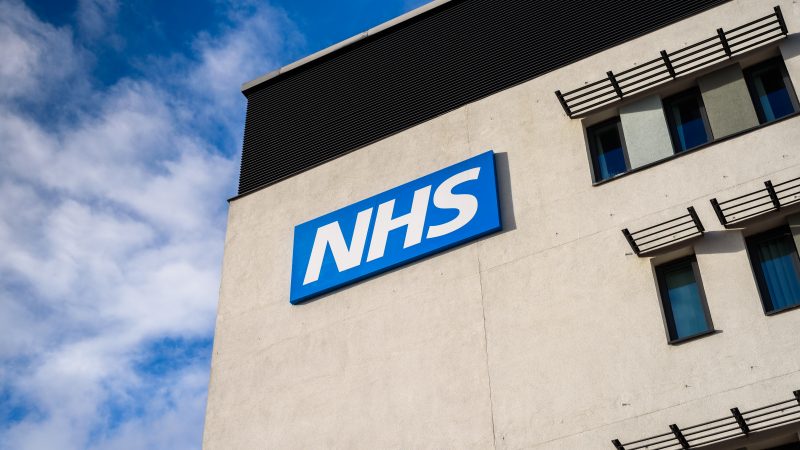
The BMA has announced that junior doctors in England will take part in a 72-hour walkout from March 13th, declaring that Steve Barclay’s failure to enter talks over pay has left members “with no option but to take strike action”.
The union said today junior doctors have twice called in the past week for the Health Secretary to meet with them but claimed that “no date is forthcoming”. The BMA said a meeting with Department for Health and Social Care civil servants had delivered “nothing in terms of meaningful progress”.
BMA junior doctors committee co-chairs Dr Robert Laurenson and Dr Vivek Trivedi said: “Make no mistake, this strike was absolutely in the government’s gift to avert. They know it, we know it and our patients also need to know it.
“We have tried since last summer to get each Health Secretary we have had round the negotiating table. We have written many times, and even as late as yesterday, we were hopeful Steve Barclay would recognise the need to meet with us to find a workable solution that could have averted this strike.
“We have not been told why we have not been offered intensive negotiations nor what we need to do for the government to begin negotiations with us. We are left with no option but to proceed with this action.”
Junior doctors represented by the Hospital Consultants and Specialists Association will also walk out on March 15th – the third day of action by BMA members – in the first strike action in the HCSA’s history.
The BMA announced on Monday that junior doctors in England had voted to strike by 98% on a more than 77% turnout, in what the union described as a “huge mandate” for industrial action.
The union said almost 37,000 junior doctors had taken part in the vote on strike action, out of more than 47,600 eligible, which it said was the “largest ever turnout” for a ballot of doctors by the union.
Commenting on the strike ballot result, the Health Secretary said: “We hugely value the work of junior doctors, and it is deeply disappointing some union members have voted for strike action.”
He added: “I’ve met with the BMA and other medical unions to discuss what is fair and affordable, as well as wider concerns around conditions and workload. I want to continue discussing how we can make the NHS a better place to work for all.”
Laurenson and Trivedi said today: “The fact that so many junior doctors in England have voted ‘yes’ for strike action should leave ministers in absolutely no doubt what we have known for a long time and have been trying to tell them.
“We are demoralised, angry and no longer willing to work for wages that have seen a real-terms decline of over 26% in the past 15 years. This, together with the stress and exhaustion of working in an NHS in crisis, has brought us to this moment – brought us to a 72-hour walk out.”
Junior doctors last went on strike in 2016. Following negotiations between the BMA and the government, an agreement was reached in 2019, which 82% of members voted to accept when it was put to a referendum.
The BMA has argued that as this contract was agreed before the pandemic and when inflation was lower, a renegotiation is now necessary. It described the 2% pay increase junior doctors were offered in 2022 as “insulting” and “well below inflation”.
Analysis by the BMA estimates that between 2008/09 and 2021/22, junior doctors in England received a 26% real-terms pay cut. A survey of junior doctors carried out by the union in December 2022 revealed that 51% were struggling to pay utilities and other bills, while 45% reported struggling with the cost of housing.




More from LabourList
‘Unity or division’: Starmer’s message to voters in Gorton and Denton
Almost half of Labour members oppose plans to restrict jury trials, poll finds
‘How Labour can finally fix Britain’s 5G problem’